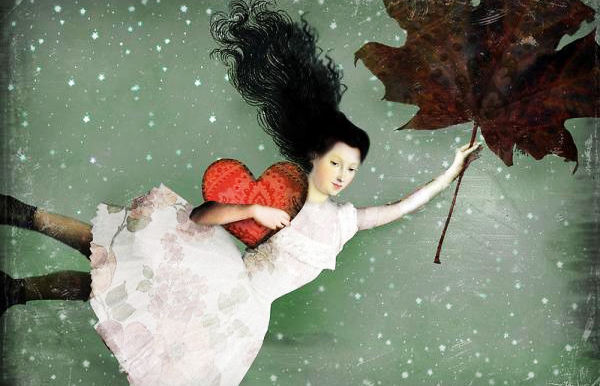empathy
“The Hardest Performance I’ve Ever Done”

Let’s face it: the art world, especially in the eyes of those not directly affiliated with it, is regarded more as a playground than a laboratory. This is to say that art is seen more as a space for entertainment than one for serious exploration and understanding, which is an unfortunate situation, of course, because said status not only lacks a certain level of respect but also relinquishes the institutions and participants from a social responsibility when creating and exposing art. As a result, art tends to lose its social relevance and produces a self-referential bubble that needs to be distinctively called “the art world,” as opposed to, you know, the other (real?) world. Fortunately, there are artists like Ato Malinda with an exhibition like “GAMES: Performance on incest and sexual abuse” currently showing at SAVVY Contemporary that defy these divisions between the art and the real and make out of both one single channel for exploration, understanding, healing, and redemption.
When It Is Personal
According to the Clinical Psychology Review, a series of studies in 2009 revealed that the highest pervasiveness of child sexual abuse happens in Africa (34.4%). These are not mere numbers, but the individual stories of children whose childhood—that stage in our lives that we often like to remember nostalgically as a stress-free and beautiful time—becomes nonexistent. What’s worse is that relatives or acquaintances of the victim are responsible for 30% of these cases of sexual abuse.
Such is the experience of Ato Malinda, who as a little girl was abused by her father. After years of internal struggle, she finally gathered the strength necessary to channel this experience into an art performance, her field of study/work. She titled it “Mourning A Living Man” and presented it, along with colleage Nathalie Bikoro, at the opening reception of her current solo show at Savvy Contemporary. “The piece is about death,” she tells me, referring to her father, “even though he’s sill alive. The metaphoric death of a father: someone you thought would protect you but, in essence, did the very opposite.”

“It has to do with the castration of the father figure,” she continues, “the way a little girl is related to her father; how she depends on the father, because he is who validates who she is. The performance is castrating that representation.” Malinda, who comes from a middle class family and has lived in Kenya, The Netherlands, and even Texas, tells me that one thing is very important to point out: incest is not something that happens only in Africa and in certain classes.
|Continued on Page 2|
Be the first to write a comment.
Your feedback
